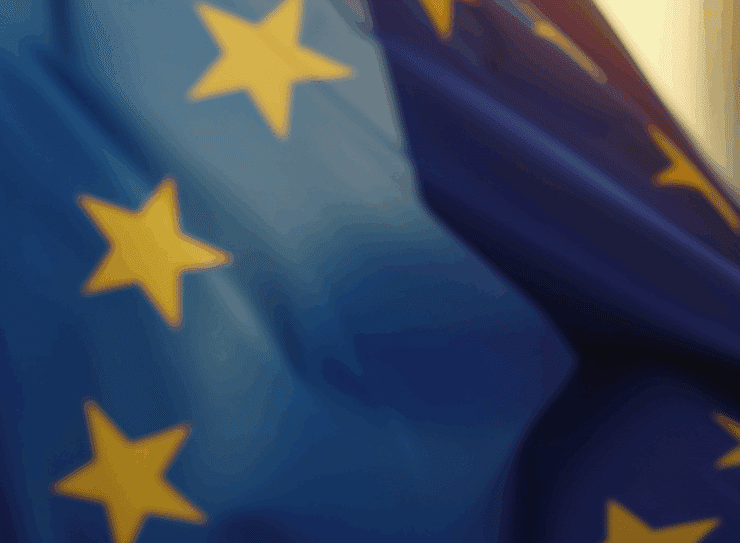23 June 2025
Choosing Freedom: How European Consumers Can Stand Against Russian Aggression
The brutal war unleashed by Russia against Ukraine is not just a distant geopolitical event; it impacts our everyday choices here in Europe. Each time we purchase products from companies still operating in Russia, we unknowingly support helpers of a regime responsible for devastating human suffering. This reality presents a difficult but essential question: Can European consumers really make a difference?
